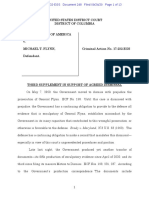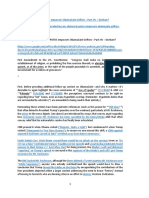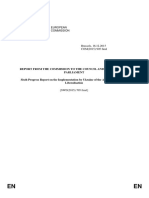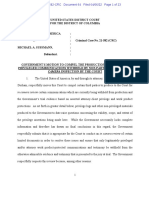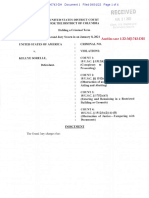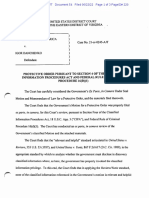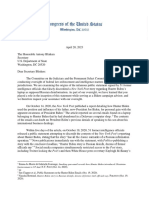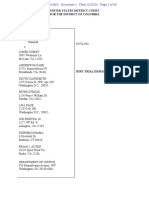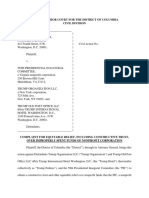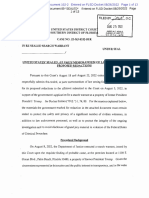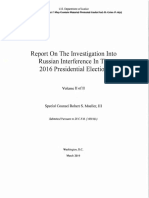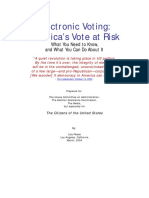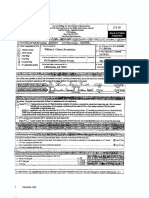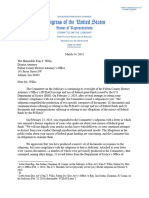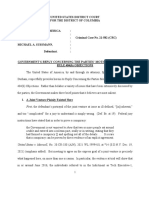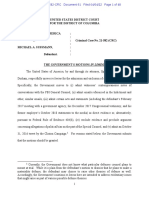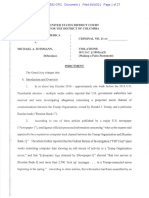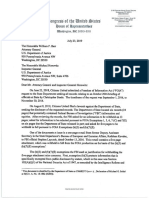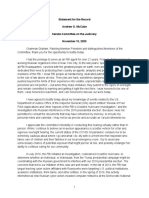100% found this document useful (1 vote)
6K views4 pagesFallacies Complete
The Georgia Tech researcher told a university lawyer and other higher-ups that the Special Counsel had lied in the indictment about the Alfa Bank hoax, according to a document first obtained by The Federalist on Thursday.
Uploaded by
The FederalistCopyright
© © All Rights Reserved
We take content rights seriously. If you suspect this is your content, claim it here.
Available Formats
Download as PDF, TXT or read online on Scribd
100% found this document useful (1 vote)
6K views4 pagesFallacies Complete
The Georgia Tech researcher told a university lawyer and other higher-ups that the Special Counsel had lied in the indictment about the Alfa Bank hoax, according to a document first obtained by The Federalist on Thursday.
Uploaded by
The FederalistCopyright
© © All Rights Reserved
We take content rights seriously. If you suspect this is your content, claim it here.
Available Formats
Download as PDF, TXT or read online on Scribd
/ 4




